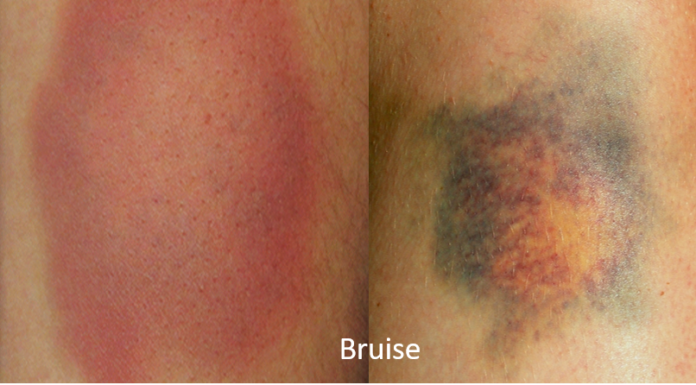A blood test is a common procedure to assess your health or to investigate symptoms you’re experiencing. During the examination , a small sample of your blood is taken for analysis.
Why Blood Tests Are Done
Blood tests serve many purposes, such as: 
– Checking your overall health
– Identifying the cause of specific symptoms
– Assessing your risk of developing certain conditions
– Monitoring how well a condition is being treated or managed
How to Get a Blood Test
If a healthcare professional like a GP, nurse, or specialist determines you need a blood examination, they will guide you on how to schedule one.
Preparing for a Blood Test
Your healthcare provider will inform you if any preparation is required before the test. For some tests, you may need to:
– Fast by not eating or drinking anything except water for a few hours
– Temporarily stop taking certain medications, such as blood thinners
What Happens During a Blood Test
Blood tests are usually conducted at a GP clinic or hospital and take about 10 minutes. A healthcare professional will draw a small sample of blood, typically from the inside of your elbow using a needle. Sometimes, blood may be taken from your wrist or via a finger-prick test. A soft strap (tourniquet) is often used around your arm to make it easier to collect blood.
You may feel a slight scratch or discomfort when the needle goes in, and the blood is collected into a small tube that is then sent to a lab for analysis. After the test, cotton wool or a plaster is applied to the area where the blood was taken. Mild bruising or swelling may occur but should subside within a few days.
If You’re Worried About Needles
If you have concerns about needles, let the healthcare professional know so they can help you feel more comfortable. You can also bring someone along for support during the test.
Getting Your Blood Test Results
You may receive your results within a few days, but it can take up to a few weeks. If you haven’t heard anything after that time, contact your GP surgery or specialist. Your healthcare provider will explain your results and what steps to take next. If the results are normal, no further action may be required. In some cases, additional tests might be needed depending on the reason for the blood test.
If you have any questions about your results or don’t understand them, you can always ask your healthcare provider for clarification.
Accessing Results Online
You may be able to view your blood test results online if they are part of your GP health record.





























